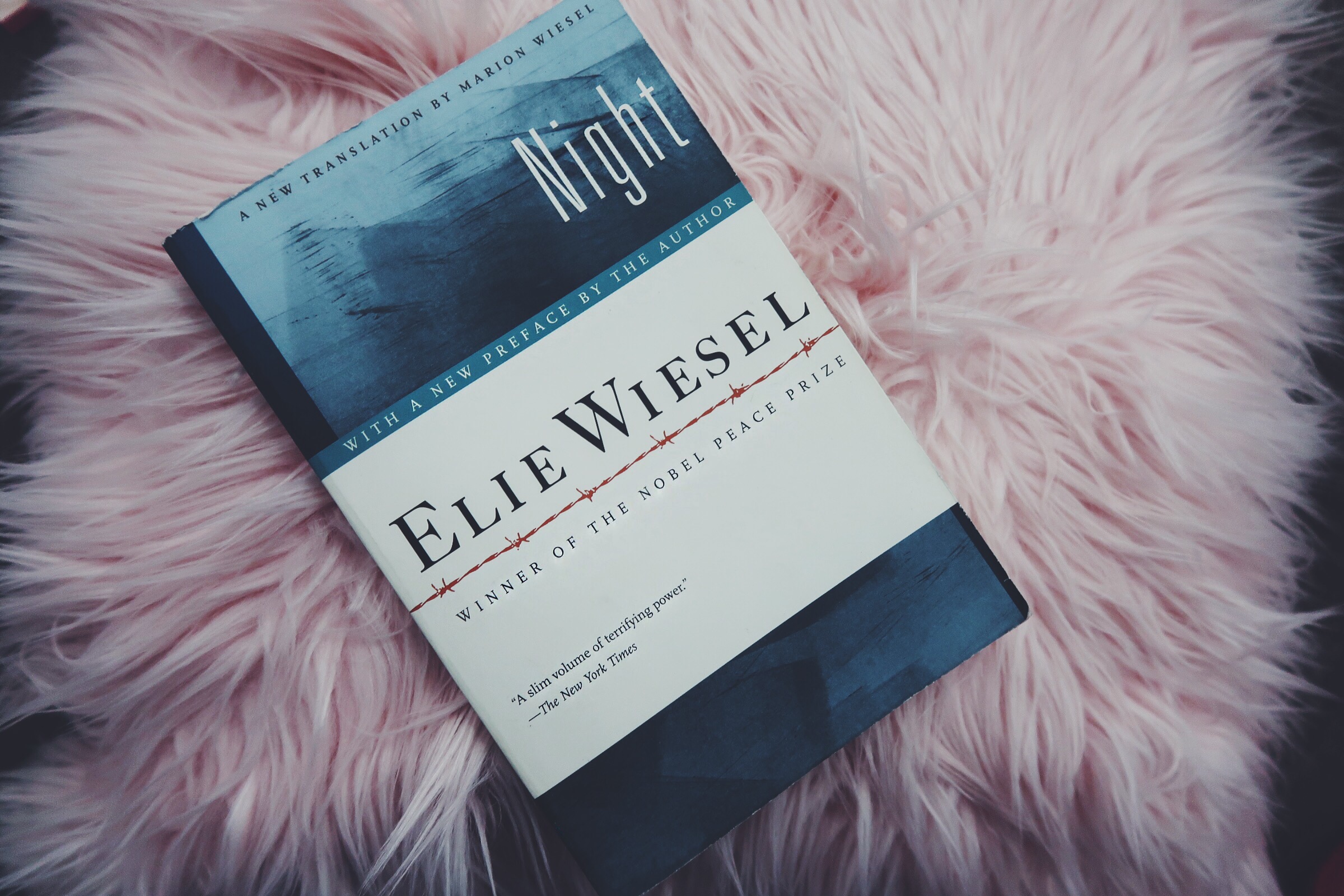If at all we must think that one of literature’s purposes is greater than the others, then the quest for what that would be is the reason for this composition. We shall examine from different litterateurs’ points of view, what the best purpose of literature is and then come about a conclusion.
The best purpose of literature
It appears that to different people, literature serves different purposes, regardless of the original intention of every work of art. In view of this, we would bring together a few points of view and arrive at a befitting conclusion, herein.
Natalie Babbitt‘s opinion of the major purpose of literature

In a 1989 speech with Ann Carroll Moore Lecture at the New York Public Library, Natalie Babbitt said the foremost purpose of literature is entertainment. She was very correct with the premise of her theory.
According to the United States’ author, every book is written to target a particular audience.
When the book meant for adults for instance, is compulsory for children to read, they may have to read and forget all they read, afterwards. The children read the book in the first place because they must (and not for the fun of it), therefore you can expect them to forget as soon as they are out of the classroom.
In addition to Natalie’s opinion, Plato would be quoted as saying that one reason he prefers philosophy to literature is because entertainment is not necessary. Plato likes philosophy because it is a blunt field that deals strictly with the true nature of things. Literature, on the other hand, entertains you—calling for the inclusion of figures of speech like irony, personification, etc.
One would agree with Natalie Babbitts on this. But let us look at it from another perspective.
Ngozi Chimamanda’s opinion of the best purpose of literature

Disclosure: The Nigerian author was never really asked to speak on the best purpose of literature. This is something we came up with while she delivers a speech at Harvard University in 2018.
Chimamanda would be quoted as saying, ‘make literature your religion.’ This is the height to which Chimamanda conceives the importance of literature. Her reason for this conclusion in the speech which she tags, ‘Do not lie,’ is that literature teaches one to understand mankind – according to her. She encouraged people to read abroad because it allows them to understand the true nature of people.
Now we would remember Aristotle as saying that literature is the mirror of life. If he had not thought that it reflects the human world to one, he wouldn’t have said so.
Thence, we won’t go wrong to say that both author’s points of view are right in a sense, although they didn’t correspond. That literature reflects the world to us and that it entertains us will without doubt be fine as some of the significant purposes of literature and not the best of them.
Our Conclusion
Upon close observation, I (AGE) have come to a conclusion that the best purpose of literature is communication. If you studied English or you have been involved in a conversation with some English students, you would have learnt that English and English Literature are intrinsically inseparable courses. Well, this is true with all other language courses because there is no literature without communication and vice versa.
Thus, when we say language, we say communication (literature), in other words.
Going forward, you would realise that it is impossible for literature to serve all other purposes it is said to serve unless communication has taken place. As a way of reminder, some other purposes of literature include:
- Enlightenment
- Telling about the past; history.
- Transforming culture from generation to generation.
- Improving communication skills.
- Increasing our knowledge.
- Inspiring imagination.
- Promoting creativity, etc.
Because we use the word communication, you may be slightly confused unless you recall that communication takes place in different forms. We have intrapersonal, interpersonal, group, organisational, and mass communication.
For instance – The journals you keep (a type of literature) will be regarded as an intrapersonal form of communication, given that it is meant for you alone.
Conclusion
I hope that by saying that communication is the best purpose of literature, we have drawn a logical conclusion from the various purposes that it serves.
Without circumlocution, we are all entitled to our opinions, and that can make the world never come to a definite conclusion of the best purpose of literature. As a result, we would welcome whatever you think the best purpose of literature is, given that you have a valid and corresponding premise. Hearing from you in the comment below will mean a lot to us. Thanks!
Share


